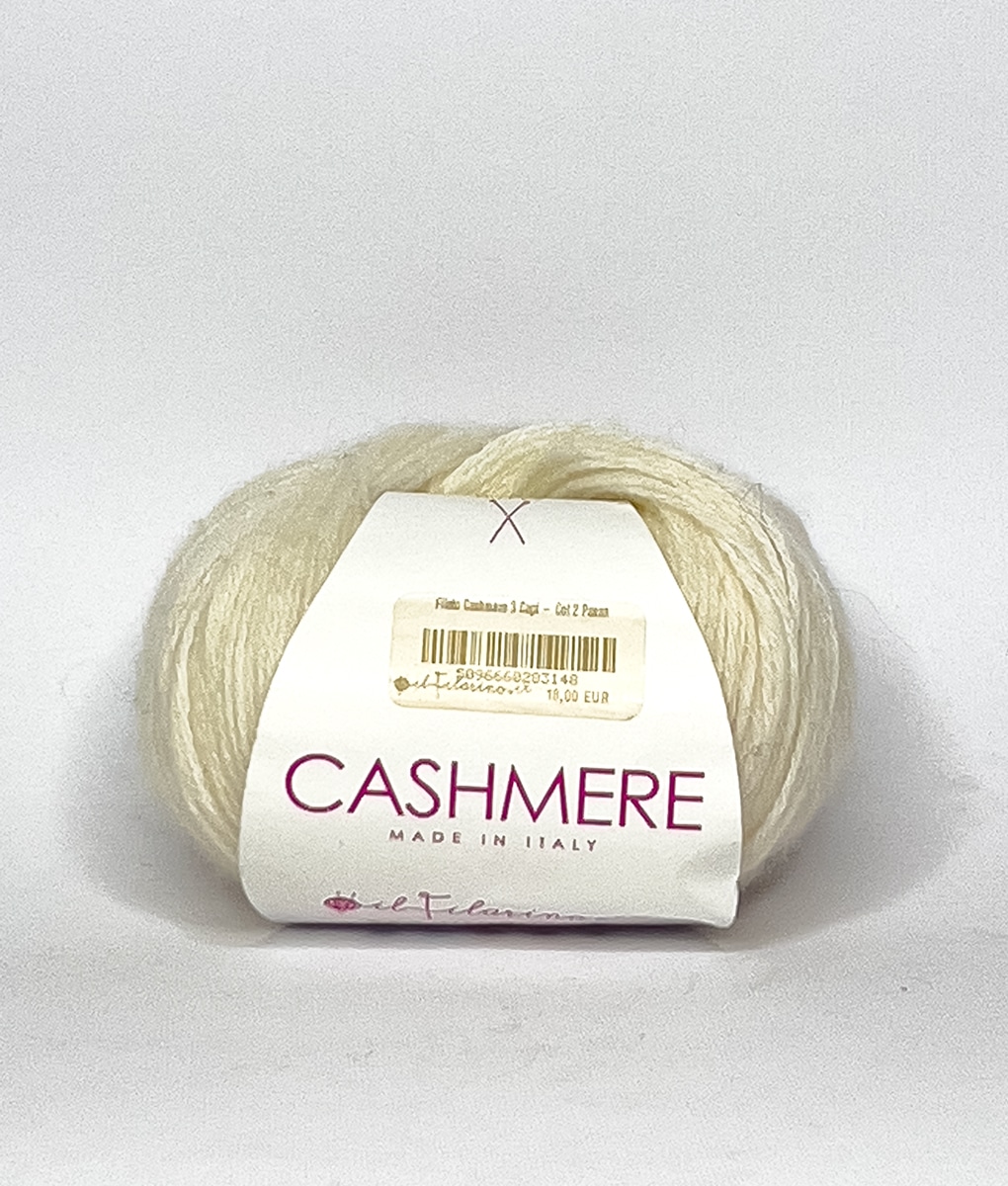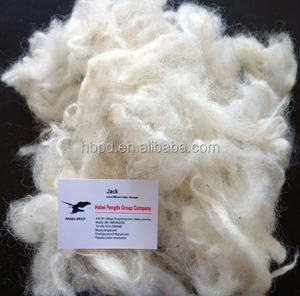The Intriguing Process Behind Producing cashmere Fibre and Its Applications
Wiki Article
Factors You Need To Require Cashmere a Natural Fiber for Comfort and Elegance in Everyday Use
In the world of textiles, couple of fibers equal the luxury and comfort of cashmere. How can one best use cashmere to elevate their style? These appealing concerns lay the structure for an enlightening exploration into the world of cashmere. cashmere fibre.Understanding the Luxurious Nature of Cashmere

Assessing the Comfort Factor of Cashmere Apparel
What qualities underline the convenience variable of cashmere garments? The softness of cashmere is the first quality to take into consideration. Its deluxe texture makes it seem like a 2nd skin, supplying heat without the weight or itchiness associated with various other wool items. Cashmere's distinct fiber framework allows for breathability, managing temperature level and stopping getting too hot. The material's adaptability and resilience make sure that it molds versus the body pleasantly, maintaining its form with time. Cashmere's hypoallergenic residential or commercial properties also add to its comfort, making it a suitable option for sensitive skin. The capability to layer cashmere items without bulkiness enhances the comfort aspect. Essentially, the convenience of cashmere is stemmed from its soft qualities, breathability, durability, hypoallergenic nature, and adaptability.
The Environmental Impact and Sustainability of Cashmere
While the comfort and elegance of cashmere are most certainly attractive, it's just as essential to consider its relationship with the setting. Cashmere manufacturing, largely in Mongolia and China, involves elevating cashmere goats, which can considerably stress vulnerable grassland ecological communities due to overgrazing. Initiatives are being made to establish sustainable cashmere manufacturing techniques, such as rotational grazing and cleaner processing strategies.Comparing Cashmere to Artificial Fibers: A Cost-Benefit Evaluation
Regardless of its ecological obstacles, cashmere offers a special set of benefits over artificial fibers. On the expense side, cashmere is indisputably a lot more expensive as a result of its labor-intensive manufacturing process. The advantages make it worth the financial investment. Cashmere's all-natural fibers offer unmatched softness and heat, translating into convenience that synthetic fibers battle to match. Cashmere pieces are very resilient, encouraging long life that offsets preliminary expenses over time. Unlike artificial fibers, cashmere does not add to microplastic air pollution, making it a much more sustainable option. In comparison, artificial fibers, while more affordable upfront, offer less comfort, have much shorter life-spans and pose environmental problems. Thus, when examining cost-benefit, cashmere's premium top qualities make it a worthwhile investment for day-to-day wear.Styling Tips With Cashmere for Everyday Elegance
Having actually considered the cost-benefit analysis of cashmere compared to artificial fibers, it becomes weblink clear why this lavish material is a popular option for several. When styling cashmere for daily style, simplicity is vital. Eventually, the integral elegance of cashmere makes it a functional enhancement to any kind of wardrobe, easily improving everyday see attire with a touch of deluxe.

Final Thought
In recap, the exceptional residential properties of cashmere make it a useful addition to any kind of closet. Its extravagant feel, breathability, comfort, and flexibility to varying temperature levels are unmatched. Furthermore, cashmere's sustainability and lower environmental influence contrasted to artificial fibers additionally improve its appeal. The classic beauty of cashmere, integrated with its flexibility, includes elegance to day-to-day wear. Spending in cashmere garments is a beneficial choice for design, comfort, and sustainability.
Report this wiki page